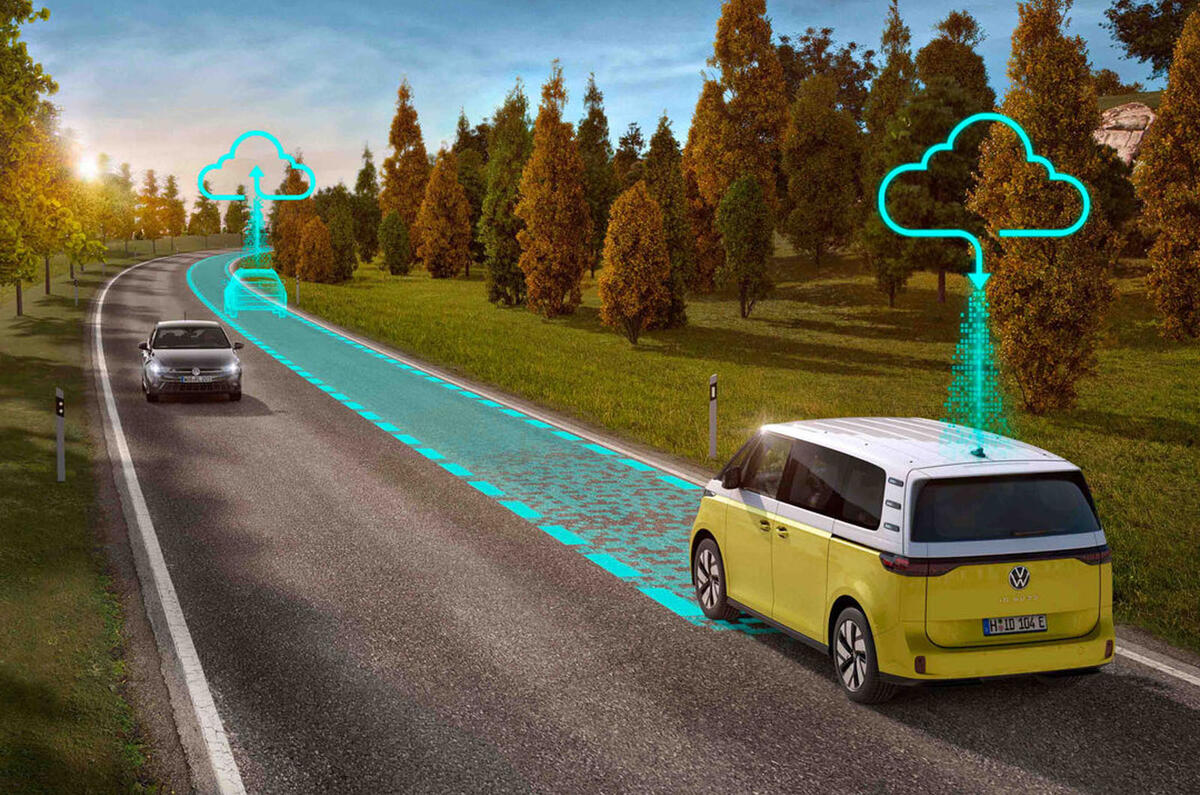The Volkswagen Group’s internal software development company, Cariad SE, has signed a deal with China’s Horizon Robotics, a leading developer of AI hardware and software. In addition to a US$1 billion investment into Horizon directly, Cariad will invest an additional US$1.26 billion to take a 60% stake in a new joint venture with Horizon.
This joint venture plans full stack development of both advanced driver assistance systems (ADAS) and autonomous driving (AD) software that will integrate numerous vehicle functions onto one chip, a system-on-chip design (SoC). SoCs are cost savers. They require fewer semiconductors overall to drive the car yet increase operating system stability and reduce system energy consumption. Fulfilling Volkswagen’s ‘Made in China, For China’ initiative, the joint venture represents an increasing split in the industry: one where two teams develop the same technology or software in parallel but deliver the results separately – one for China and the other for the rest of the world.




Add your comment